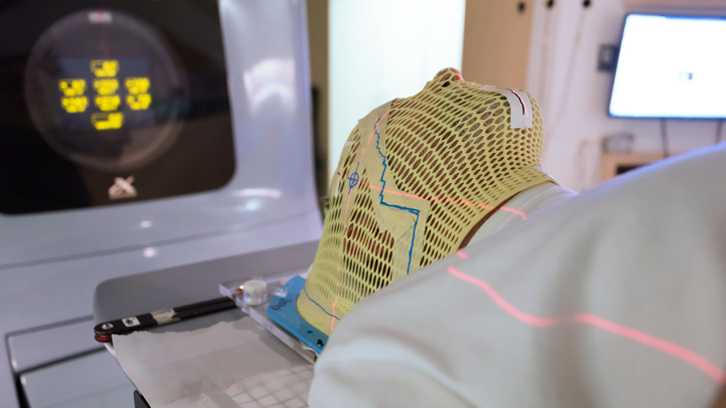MEDIRAD- Implications of Medical Low Dose Radiation Exposure

The use of ionizing radiation in medicine has been steadily increasing, and this trend is set to continue, with obvious health benefits for the population thanks to improved diagnostic and therapy technologies. However, this increase in radiation exposure levels also raises a number of safety concerns: the potential health effects among patients and medical workers need to be evaluated, dose evaluation tools for clinical practice need to be developed, and practices need to be optimized in order to reduce exposure doses and ensure adequate radiation protection.
MEDIRAD’s overall goal is to address these needs by enhancing the scientific bases and practice of radiation protection in medicine. To achieve this, MEDIRAD has three major operational objectives: to improve organ dose estimation and registration; to evaluate and understand the mechanisms of the effects of medical exposures, focusing on two outcomes of public health relevance: cardiovascular effects of radiotherapy in breast cancer treatment, and cancer risk following computed tomography (CT) scanning in children and adolescents; and to develop science-based consensus policy recommendations for the effective protection of patients, workers and the general public.
The research group of the Unit of Biological Anthropology of UAB named "Cytogenetic and molecular studies of the effects of ionizing radiation and cancer" participates in this project. Specifically, the team of Dr. Gemma Armengol will evaluate the possible health impact of pediatric scanning. The UAB leads the task of identifying genetic and epigenetic variants that may be related to the increased risk of cancer in children and adolescents who have undergone CT for diagnostic purposes. To achieve this goal, the latest technology in exome sequencing and DNA methylation analysis will be used.
It is expected that the results obtained will provide the best possible direct estimation of cancer risk after exposure to low doses of radiation for medical purposes, as well as a solid scientific basis for patient radiation protection. In the long term, finding possible markers of susceptibility to radiation-induced cancer will be of great importance to make individualized decisions for patient management.
Universitat Autònoma de Barcelona
References
Project MEDIRAD (Implications of Medical Low Dose Radiation Exposure). ID: 755523. Funded under H2020-Euratom-1.4. - Foster radiation protection.


